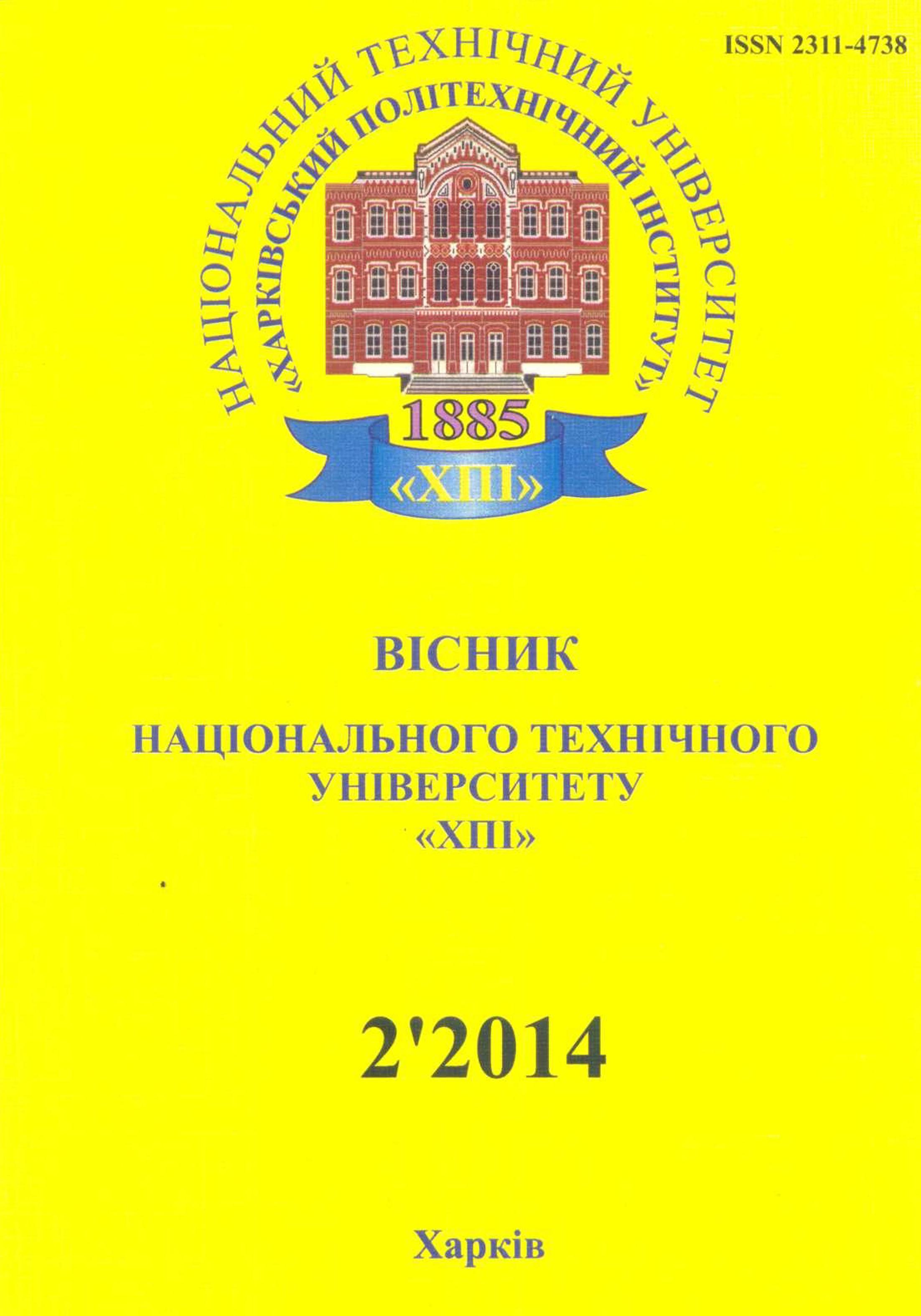EVALUATION METHOD OF IT-PROJECT EXECUTIVE TEAM
DOI:
https://doi.org/10.20998/2413-3000.2014.1045.19Keywords:
IT-project, COCOMO II model, code reuse, Development Team, UNFM index, TEAM cost driver.Abstract
It is proposed improvement method, which formalizing the process of assessing the level of fragmentation of the IT-projects Development Team to create software products. The features of the application of the proposed method in the planning of IT-project sphere have been proposed.
References
Орлов С.А. Технологии разработки программного обеспечения: учебник для вузов. 4-е изд. Стандарт третьего поколения / С.А. Орлов, Б.Я. Цилькер. – СПб.: Питер, 2012. – 608 с.
COCOMO II Model Definition Manual. – Copyright Center for Software Engineering, USC, 2000 [Электронный ресурс] / Сайт «Center for Systems and Software Engineering». – Режим доступа: http://csse.usc.edu/csse/research/COCOMOII/cocomo2000.0/CII_modelman2000.0.pdf. - Заголовок с экрана.
Евланов М.В. Планирование использования персонала в работах IT-проекта / М.В. Евланов. Н.И. Погорелая // Восточно-европейский журнал передовых технологий. – Харьков: Технологический центр, 2012. – № 2/4 (56). – с. 22–26.
Downloads
Published
Issue
Section
License
Copyright (c) 2015 Наталья Владимировна ВАСИЛЬЦОВА, Ирина Юрьевна ПАНФЁРОВА

This work is licensed under a Creative Commons Attribution-NonCommercial-ShareAlike 4.0 International License.
Our journal abides by the Creative Commons copyright rights and permissions for open access journals.
Authors who publish with this journal agree to the following terms:
Authors hold the copyright without restrictions and grant the journal right of first publication with the work simultaneously licensed under a Creative Commons Attribution-NonCommercial-ShareAlike 4.0 International License (CC BY-NC-SA 4.0) that allows others to share the work with an acknowledgement of the work's authorship and initial publication in this journal.
Authors are able to enter into separate, additional contractual arrangements for the non-commercial and non-exclusive distribution of the journal's published version of the work (e.g., post it to an institutional repository or publish it in a book), with an acknowledgement of its initial publication in this journal.
Authors are permitted and encouraged to post their published work online (e.g., in institutional repositories or on their website) as it can lead to productive exchanges, as well as earlier and greater citation of published work.

